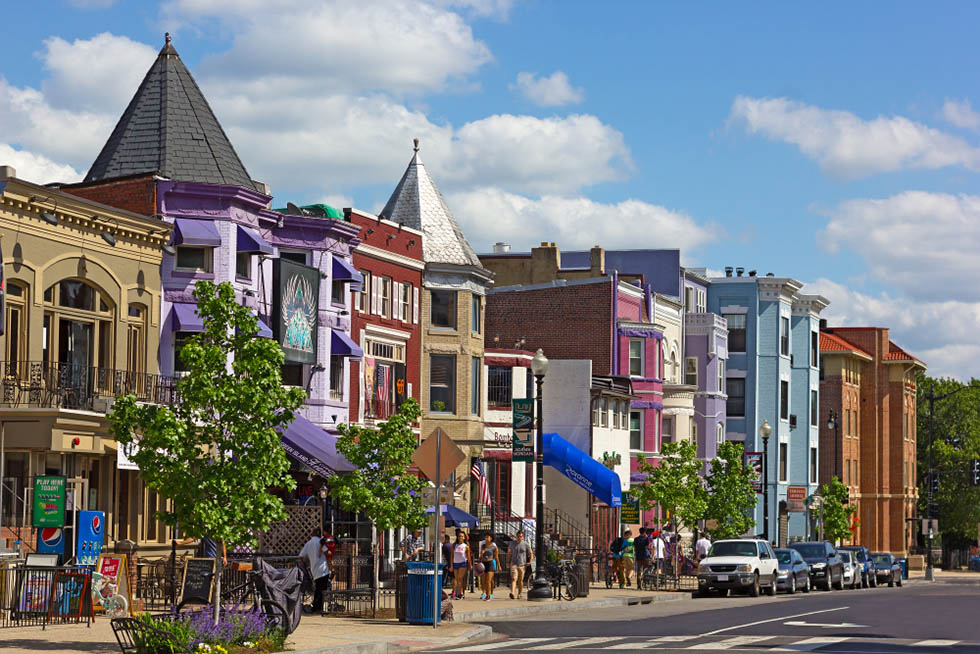
A recycling contamination education campaign is underway in Washington, D.C. | Andrei Medvedev/Shutterstock
The Washington, D.C. Department of Public Works will target film and other contaminants as part of a “Feet on the Street” campaign.

A recycling contamination education campaign is underway in Washington, D.C. | Andrei Medvedev/Shutterstock
The Washington, D.C. Department of Public Works will target film and other contaminants as part of a “Feet on the Street” campaign.
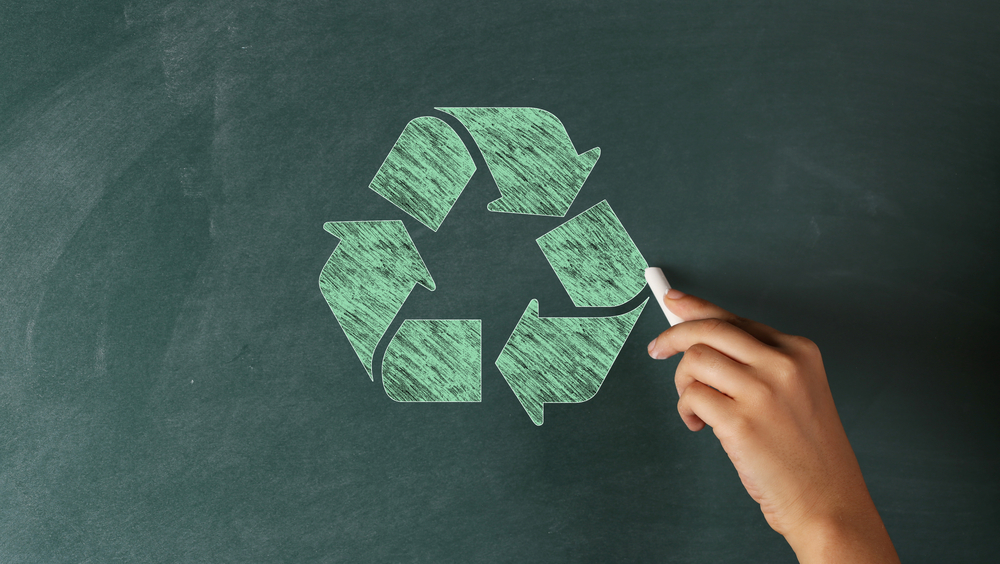
The “Recycle Right NC” campaign is centered on a social media effort. | shutteratakan/Shutterstock
The state of North Carolina and nearly 200 local governments have launched a 10-week recycling education campaign.
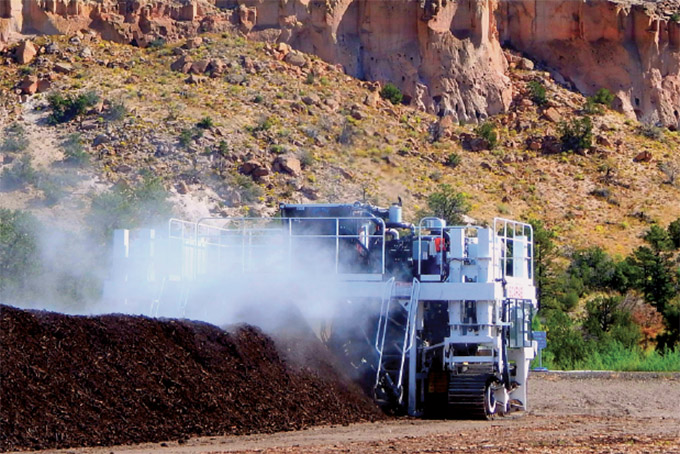
Los Alamos is known to many as the site of a major research center that has made some pivotal discoveries, including development of the atomic bomb. In some ways, its research facility also factors into the community’s diversion efforts.
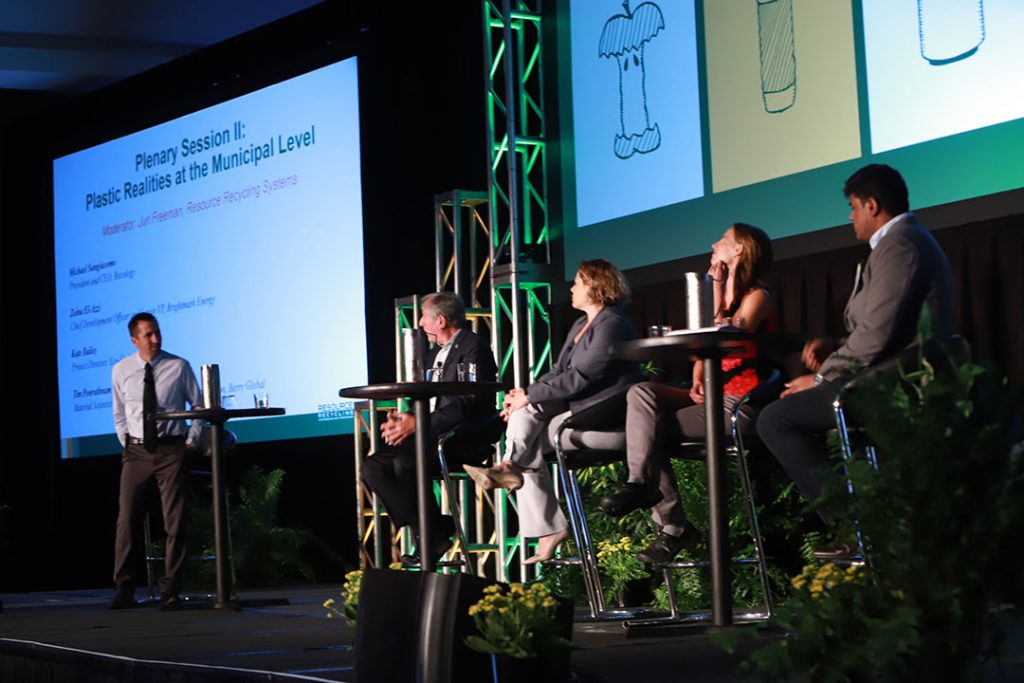
Juri Freeman of Resource Recycling Systems (left) moderated a plastics-focused panel consisting of (from left to right) Michael Sangiacomo of Recology, Zeina El-Azzi of Brightmark Energy, Kate Bailey of Eco-Cycle and Tim Ponrathnam of Berry Global. | Resource Recycling Conference/Brian Adams Photography
Should some types of single-use plastic be banned? Or is infrastructure improvement a better answer to current plastic waste concerns? A varied group of industry leaders tackled those questions last week.
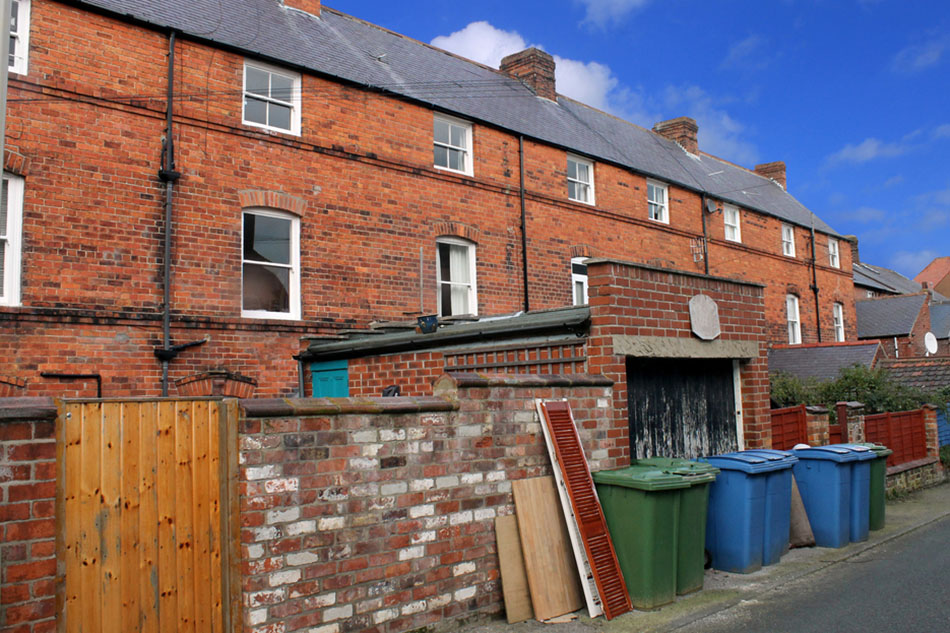
Recycling programs have garnered media attention recently. | Atlaspix/Shutterstock
Recycling programs across the U.S. have made headlines lately for a variety of reasons, including a contract lawsuit, planned facilities and contract awards. The following are summaries of several recent happenings:
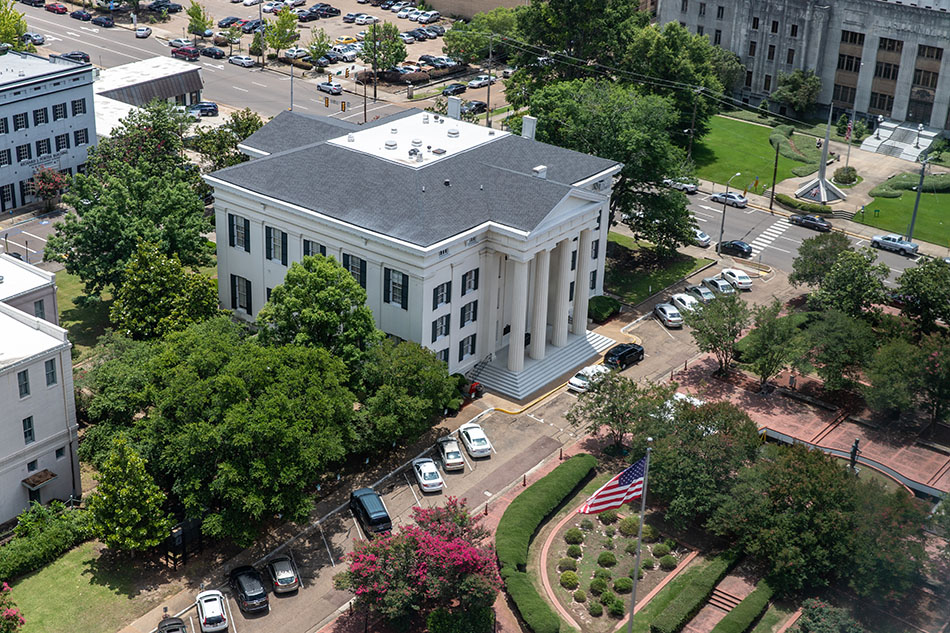
Jackson, Miss. will suspend its curbside recycling program effective Sept. 1. | C5 Media/Shutterstock
In response to strained recycling markets, a handful of U.S. municipalities larger than 50,000 people have recently canceled recycling programs or reduced the materials accepted.
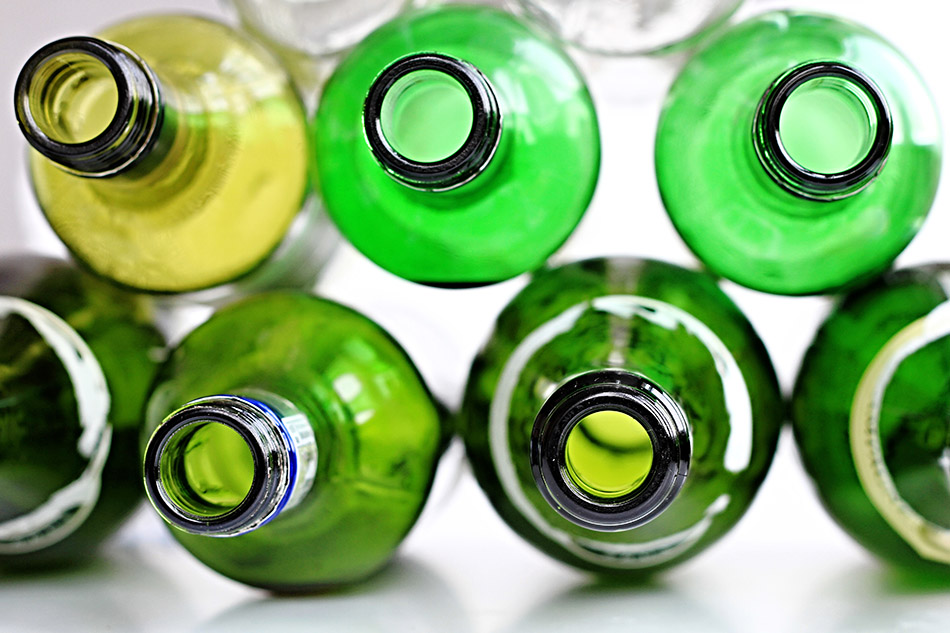
Colorado has about a 30% recycling rate for glass. | Herlanzer/Shutterstock
A pilot project led by Colorado’s state recycling association revealed a number of impediments businesses in the region face when it comes to glass recycling. The group also suggested some solutions.
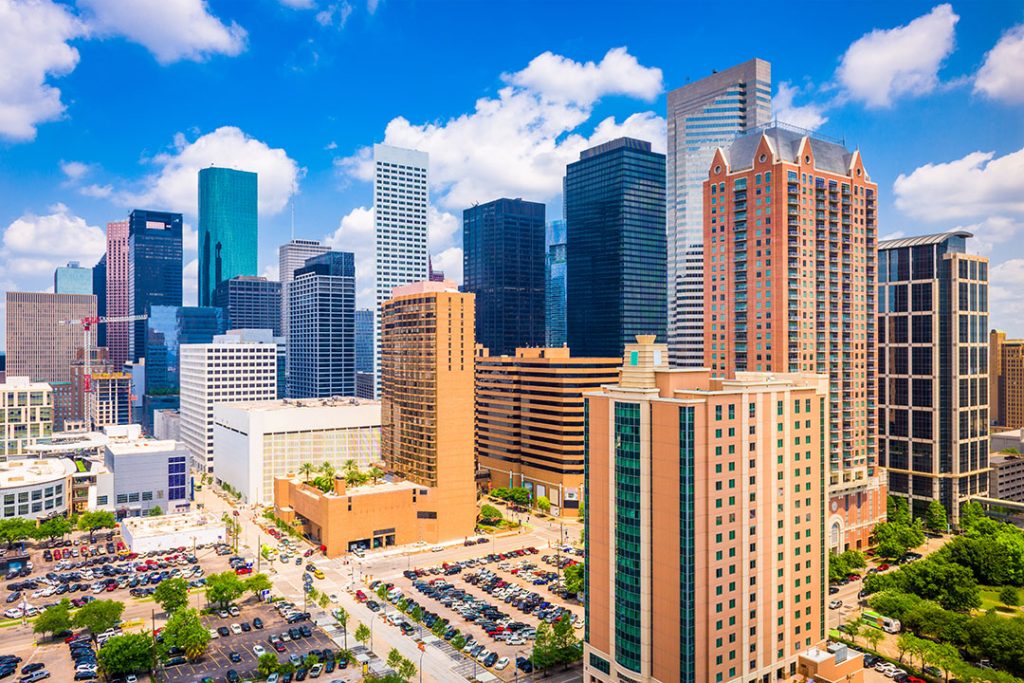
Houston Mayor Sylvester Turner released a statement noting that 23 drivers and four supervisors will face disciplinary action. | Sean Pavone/Shutterstock
Staff members in the city of Houston’s solid waste department are facing punishment after an internal audit found 1,300 tons of recyclables were landfilled.
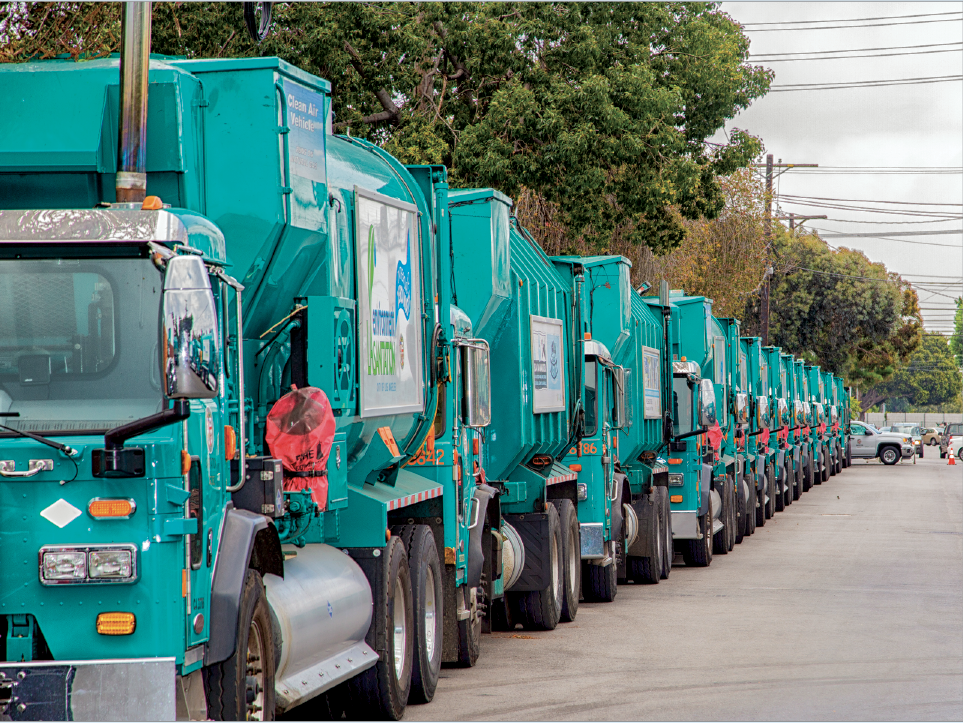
Every year municipal crews in Los Angeles collect 1.5 million tons of material.
The second-largest city in the country also has a very ambitious waste diversion goal: 90% by 2025. That means Los Angeles must stay creative to continue managing the massive volume of recyclables its residents generate.

